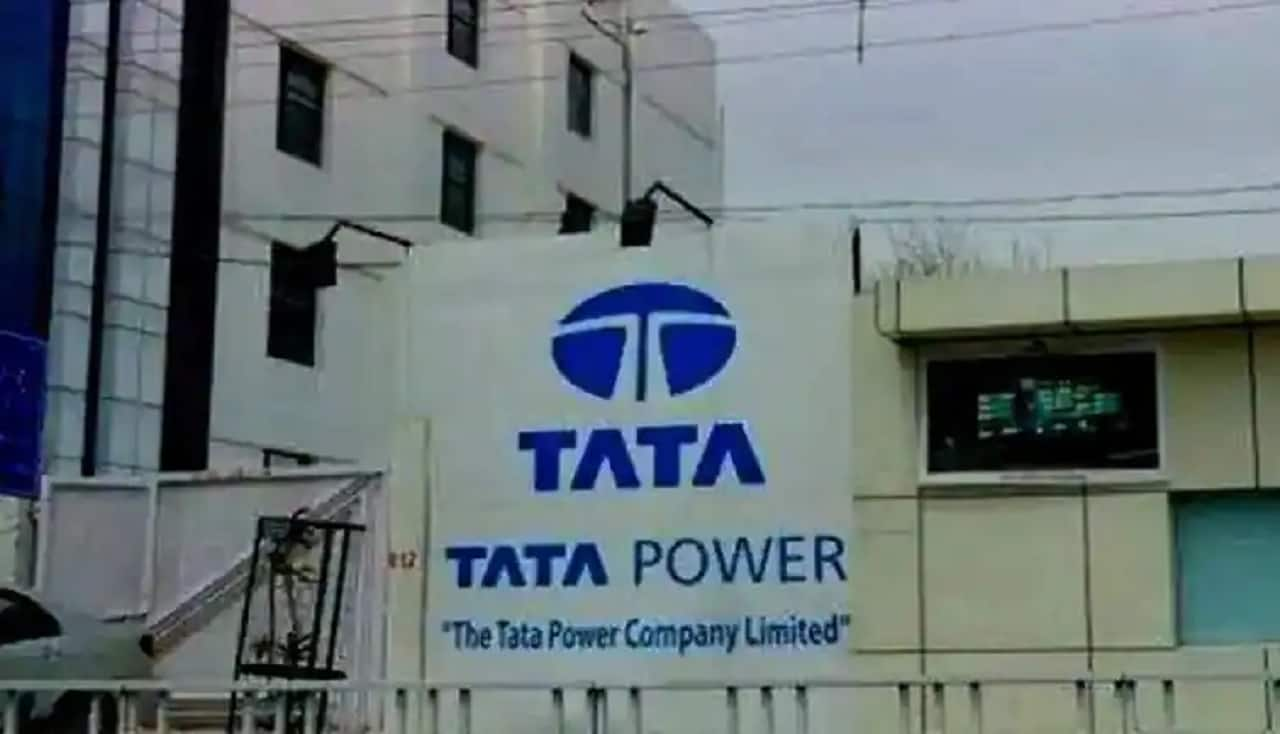 |
|
Tata Power, a prominent player in India's energy sector, announced robust financial results for the third quarter (Q3) of fiscal year 2024-25, showcasing significant growth and a strong commitment to clean energy initiatives. The company reported a consolidated net profit of ₹1,188 crore, representing a 10% year-on-year increase compared to ₹1,076 crore in the same period of the previous year. This positive performance reflects the company's strategic focus and operational efficiency across its core business segments, including generation, transmission, distribution, and renewables. The impressive rise in net profit underscores Tata Power's ability to navigate the complexities of the energy market and capitalize on emerging opportunities within the renewable energy sector. This sustained growth trajectory, spanning 21 consecutive quarters, further solidifies the company's position as a reliable and profitable enterprise.
The impressive financial performance was not limited to net profit. Tata Power also experienced a 3% increase in consolidated revenue, reaching ₹15,793 crore compared to ₹15,294 crore in Q3 of FY23-24. This revenue growth reflects the company's diversified portfolio and its ability to secure favorable pricing in its core businesses. The increase in EBITDA (earnings before interest, taxes, depreciation, and amortization) to ₹3,481 crore from ₹3,250 crore further supports the narrative of robust financial health and efficient operational management. This healthy financial performance is directly attributable to several factors, including a strong balance sheet, operational excellence, and strong synergies across the various business clusters within the Tata Power group. The company's commitment to operational efficiency and its strategic investments in renewable energy sources are critical to its ongoing success.
Tata Power's CEO and Managing Director, Praveer Sinha, highlighted the company's consistent profitability and its transformation into a leader in the clean energy sector. Sinha emphasized the company's comprehensive approach, encompassing the entire value chain of renewable energy projects, from manufacturing and engineering, procurement, and construction (EPC) to development and retail supply. This integrated model provides a competitive advantage, allowing Tata Power to offer complete energy solutions and contribute to the wider goal of making affordable power accessible to all. This commitment to providing affordable energy is not merely a corporate social responsibility initiative; it is a key driver of the company's sustainable growth strategy. By focusing on accessibility and affordability, Tata Power expands its market reach while simultaneously contributing to a more sustainable energy future for India.
The company's significant strides in renewable energy are undeniable. As of December 31, 2024, Tata Power boasted an operational clean and green energy capacity of 6.7 gigawatts (GW), generating over 11,700 million units (MUs) of green power. This impressive figure is further bolstered by the 10 GW of projects currently under execution, which are poised to significantly expand the company's clean energy capacity to 16.7 GW. This ambitious expansion highlights Tata Power's unwavering commitment to renewable energy and its confidence in the long-term growth prospects of this sector. The successful commissioning of India's largest floating solar project (126 MWp) in Omkareshwar and the 431 MW DC solar plant in Neemuch, Madhya Pradesh, further underscores the company’s leadership role in the renewable energy space. The Neemuch plant is particularly noteworthy as India's first solar plant to integrate single-axis trackers and bi-facial modules, showcasing innovative technological advancements.
Beyond its renewable energy initiatives, Tata Power has also made significant progress in smart meter installations. The company achieved a milestone of 16 lakh (1.6 million) smart meter installations across its distribution companies (discoms) in Mumbai, Delhi, and Odisha. This deployment reflects the company's commitment to modernizing its infrastructure and enhancing service delivery to its customers. Smart meters enhance efficiency, improve billing accuracy, and facilitate better energy management for both the company and its consumers. The ongoing investments in smart metering technology demonstrate Tata Power's dedication to technological innovation and its commitment to providing its customers with advanced, reliable, and user-friendly energy services. The successful implementation of these smart meters is likely to contribute further to positive financial performance in future quarters, creating increased efficiency and reducing operational costs.
The positive financial performance and aggressive growth strategies of Tata Power have been positively received by investors. The company's shares closed 1.96% higher at ₹361.85 on the NSE on February 4, indicating market confidence in the company's future prospects. This positive investor sentiment reflects the market's recognition of Tata Power's strong financial position, its commitment to clean energy, and its effective implementation of innovative technologies. The company's strategic initiatives and robust financial performance position it favorably for continued growth in the years to come, cementing its role as a major player in India's energy transformation.
Source: Tata Power Q3 net profit rises 10% to Rs 1,188 crore
